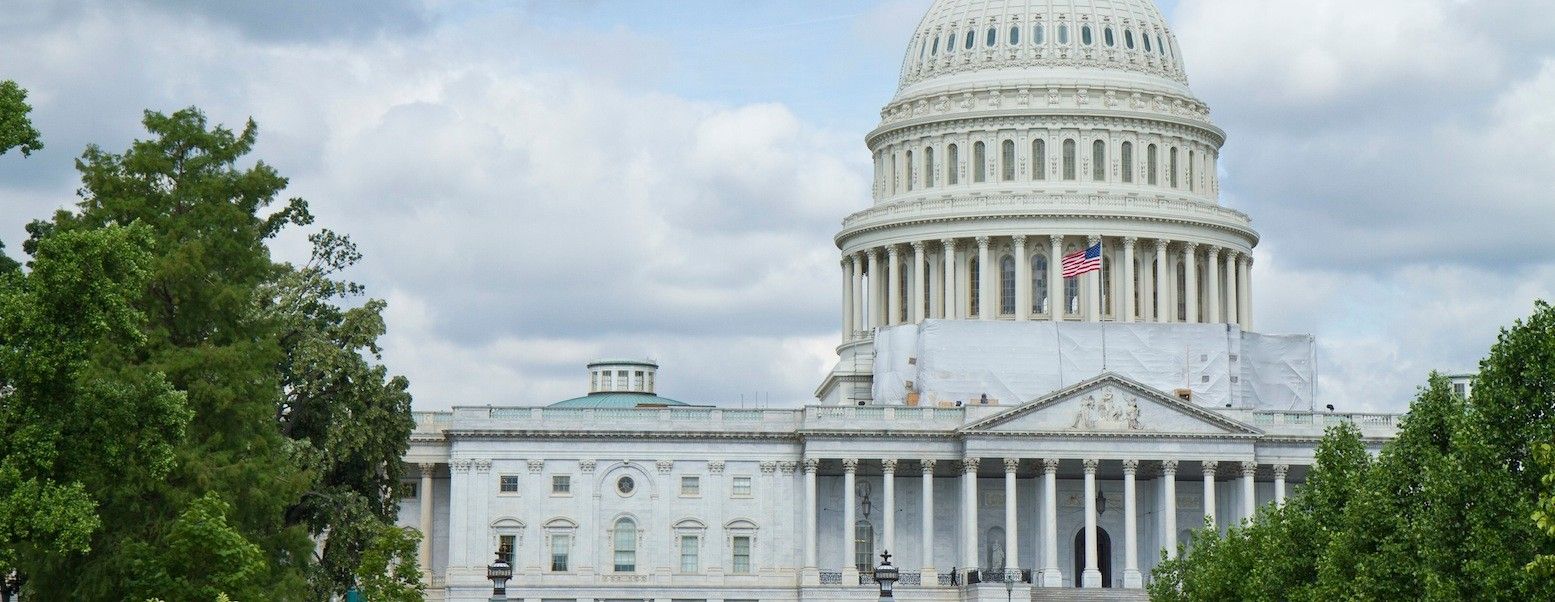Leading national organizations dedicated to improving the lives of childhood cancer patients and survivors are today celebrating the U.S. House of Representatives’ passage of The Childhood Cancer Survivorship, Treatment, Access, and Research (STAR) Act, the most comprehensive legislation on childhood cancer ever to be considered by Congress. The Alliance for Childhood Cancer, a coalition of more than 30 patient advocacy groups and professional medical and scientific organizations, along with others in the childhood cancer community, have been advocating for the STAR Act for more than four years. Its passage marks an historic moment for patients and their families.
“Today is a good day for the Alliance, our allies in the childhood cancer community and in Congress, and, most importantly, for the approximately 15,000 children who are diagnosed with cancer every year,” said Danielle Leach, co-chair of the Alliance for Childhood Cancer and senior director of government relations and advocacy at the St. Baldrick’s Foundation. “The passage of the STAR Act is a critical step toward increasing and improving childhood cancer survivorship, helping young patients beat cancer and live long and healthy lives.”
The STAR Act passed the U.S. Senate in March of this year and now goes to President Trump for his signature.
“Despite decades of progress in cancer care, there is still limited research available on how to cure many childhood cancers and manage treatment for long-term survivors,” said Dr. Michael Link, co-chair of the Alliance for Childhood Cancer. “The STAR Act will spur research into childhood cancer to give the medical community the tools they need to improve treatment outcomes for children with cancer and enhance quality of life for survivors of childhood cancer.”
The STAR Act expands the information available to pediatric cancer researchers across the country, enabling collaboration to further critical research into the most effective and least harmful treatment options for young patients. The bill also supports childhood cancer survivors by providing them with more information to help them anticipate their evolving health care needs as they age. More information about the STAR Act is available on the Alliance website.
The passage of the STAR Act in the House is due, in large part, to the tireless efforts of the bill’s leading champions in the House, Representatives Michael McCaul (R-TX), Jackie Speier (D-CA), Mike Kelly (R-PA), and G.K. Butterfield (D-NC), who co-sponsored the legislation from its introduction in the 115th Congress in February of 2017. At the time of today’s vote, more than 80% of House Members were officially signed on as co-sponsors.
“We are celebrating today, but our work is not done,” noted Leach. “The STAR Act authorizes important funding increases to fight childhood cancer and move patients from surviving to thriving. We will continue our work on behalf of patients, their doctors, and their families to be sure that Congress takes the next step to fully fund this legislation and bring these plans to fruition.”
About the Alliance for Childhood Cancer
Founded in 2001, the Alliance for Childhood Cancer is a forum of over 30 national patient advocacy groups, and medical and scientific organizations. These organizations meet regularly in Washington, DC, to share ideas and concerns and work collaboratively to advance policies leading to improved research, public education, and diagnosis, treatment, supportive care, and survivorship for children and adolescents with cancer.
For more information visit www.allianceforchildhoodcancer.org.

